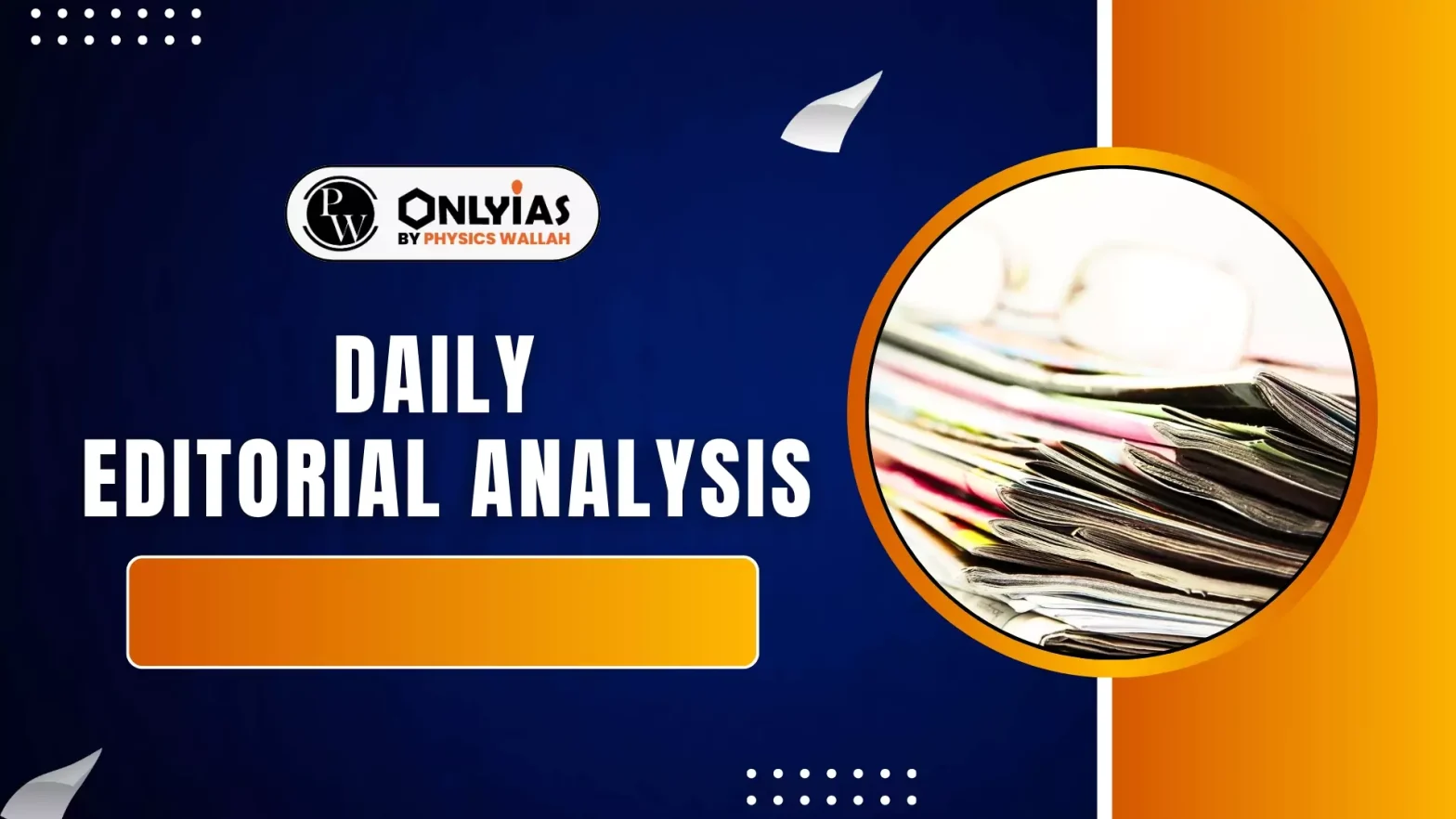On 27 July 2025, Prime Minister Narendra Modi, speaking at the ancient temple town of Gangaikonda Cholapuram in Tamil Nadu, asserted that Indian democracy predates the Magna Carta.
Indian Democracy: An Ancient Legacy
- The Magna Carta, an English document from 1215, served to limit the absolute power of the King and granted rights to the people, marking a significant step towards democracy in Europe.
- However, credible evidence suggests that democracy in India existed in various forms as early as the fifth century BCE.
- In small communities, villages, and tribal societies across ancient India, participation in decision-making through discussions was a standard practice.
- Kautilya, in his Arthashastra, elaborated on the role of ‘samghas’ or local unions, indicating how a state operates more efficiently when managed through such decentralised local bodies.
- This ancient concept of local self-governance, much like today’s Panchayati Raj, underscores the deep roots of democratic principles in India.
The Chola Era: A Blueprint for Modern Democracy
- Uthiramerur Inscription: Tangible evidence of this ancient democratic system is powerfully demonstrated by the Chola dynasty’s electoral practices, particularly in the village of Uthiramerur in Kancheepuram district, Tamil Nadu.
- Around 920 AD, during the reign of Parantaka Chola, an inscription in the Vaikuntaperumal Temple in Uthiramerur provides astonishingly detailed information.
- This inscription, which resembles a constitution, outlines:
- The constitution of wards.
- The qualification of candidates standing for elections.
- Disqualification norms.
- The mode of election.
- The constitution of committees with elected members and their functions.
- The power to remove wrongdoers.
- The villagers possessed the right to recall their elected representatives if they failed to perform their duty.
- These were not merely consultative bodies but genuine self-governing village republics, electing representatives through a system uncannily reminiscent of modern democratic principles.
- The Kudavolai System: The electoral process used in Uthiramerur was called the ‘Kudavolai’ system, or the “ballot pot” system. This system ensured both transparency and neutrality:
- The names of eligible candidates were inscribed on palm leaves and placed into an earthen pot.
- A young, impartial boy—untouched by local politics—was chosen to publicly draw a slip from the pot.
- The selected members served for fixed one-year terms, after which a new election was held using the same system.
- Rigorous Standards for Public Life: The Chola system was remarkable for its comprehensive model code of conduct that governed who could contest, how they could be removed, and what moral standards were expected.
- Candidate Qualifications: To stand for election, a candidate had to be between 35 and 70 years of age.
- They must have owned tax-paying land with a house built on it, and be well-versed in sacred texts or administrative procedures.
- Disqualifications: Strict norms were in place to purify public life. Individuals were automatically disqualified if they had:
- Defaulted on debts.
- Consumed alcohol.
- Committed moral transgressions.
- Failed to present accounts from an earlier office.
- Even close relatives of such disqualified individuals were ineligible to stand for election.
- Accountability and Removal: Anyone found guilty of embezzlement or dereliction of duty was not only removed from office but also barred from re-election, sometimes for up to seven generations.
Conclusion
At a moment when democracies worldwide face pressures from authoritarianism, money power, disinformation, and shrinking civic space, it is vital to remember that India’s democracy is not a borrowed robe.
- It is firmly rooted in its own traditions of collective decision-making, grounded in values of ethics, equity, and participation.
- As the custodian of the world’s largest electoral exercise, the Election Commission of India must draw confidence not only from contemporary legal frameworks but also from our own rich history.
![]() 4 Aug 2025
4 Aug 2025

